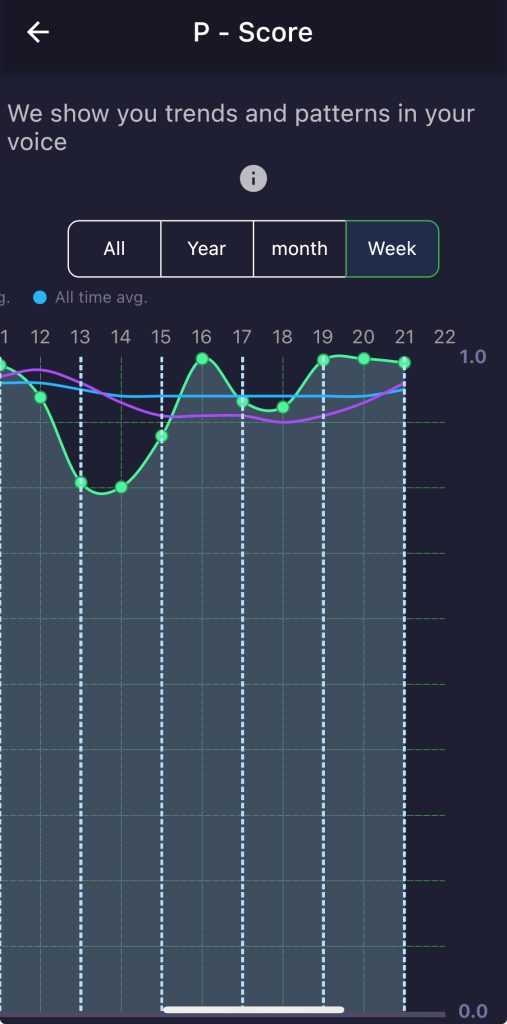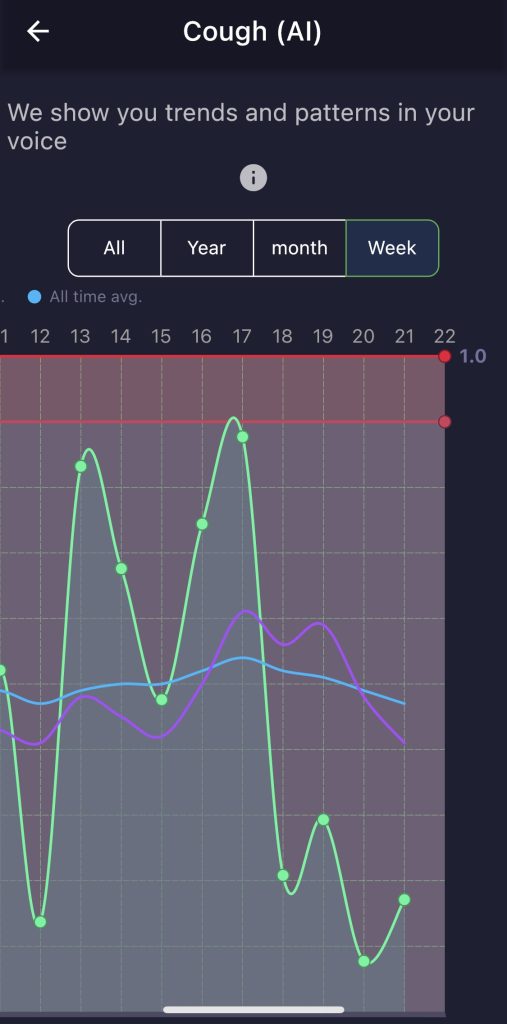Can the timing of menstruation and ovulation within the female cycle be predicted? What would be the implications if yes? And that too, days in advance? Just by using the voice?
The questions sound exciting. We want to find the answers together with female athletes.
Your voice is remarkably sensitive and responds to various influences. These can include stress, fatigue, or illness. Interestingly, the female menstrual cycle can also impact the voice. In preparation for a new model of artificial intelligence, we now seek your support.
The female menstrual cycle significantly affects the performance of female athletes. Depending on the cycle phase, athletes should consider the following:
- Longer recovery periods: During specific phases, allocate more time for recovery.
- Preference for endurance sports: Opt for activities that align with your cycle phase.
- Strength training: Adjust strength training based on where you are in your cycle.
- Risk of injury: Be aware that the risk of injury varies with the cycle phase and level of exertion.
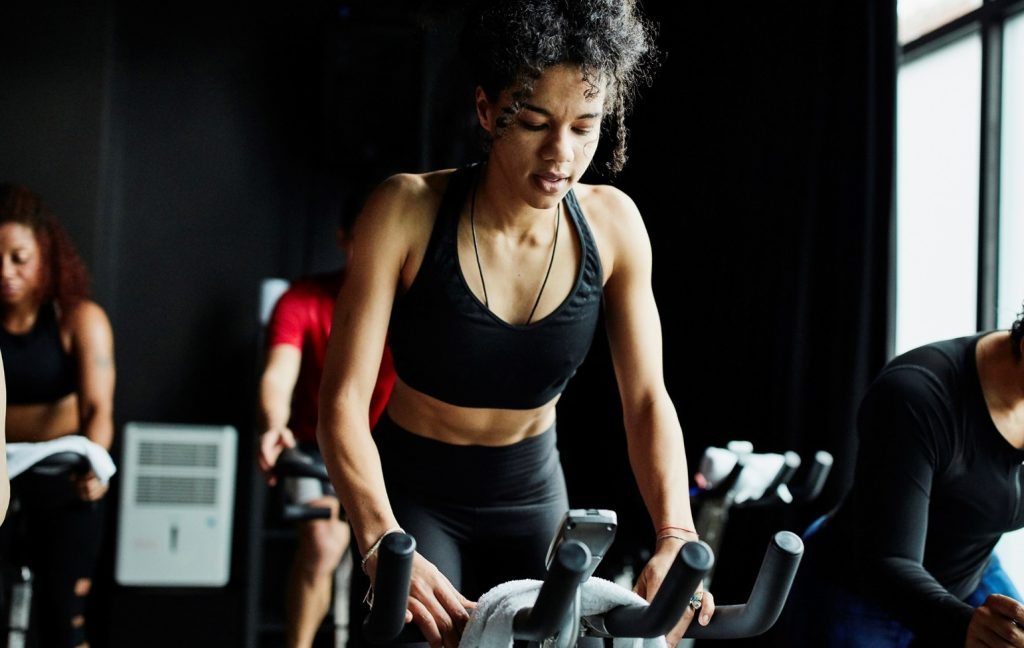
Great importance is attached to the timing of ovulation. We want to determine this exact moment with the help of AI. For this, we need your support.
Given the sensitivity of this topic, athletes and trainers are eager to find a straightforward way to identify and communicate these phases. Our approach involves voice analysis.
Study Objective:
We aim to identify parameters and biomarkers in the voice that significantly change before ovulation. Our goal is to assist not only elite female athletes but all women in better determining the timing of ovulation. This knowledge can help tailor training, prevent injuries, and enhance overall well-being.
How You Can Help:
If you’re an athlete, your participation matters. We simply need your daily voice recordings via the VOIZZR RPE ANALYZER APP, along with some information about your current cycle phase. Don’t worry; it’s okay if you miss a day.
Test Preparation:
- Download the app: Choose your preferred platform—Google Android or iPhone


2. Select your language: In the app’s navigation menu, choose your desired language (currently available in English and German).
3. Import QR Code: Navigate to the menu and select “Import QR Code.” Download the QR Code to your phone’s picture folder and import it. Alternatively, use the “QR Code Scan” feature to scan the QR Code from this page.
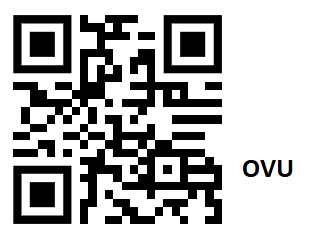
4. Configure Settings:
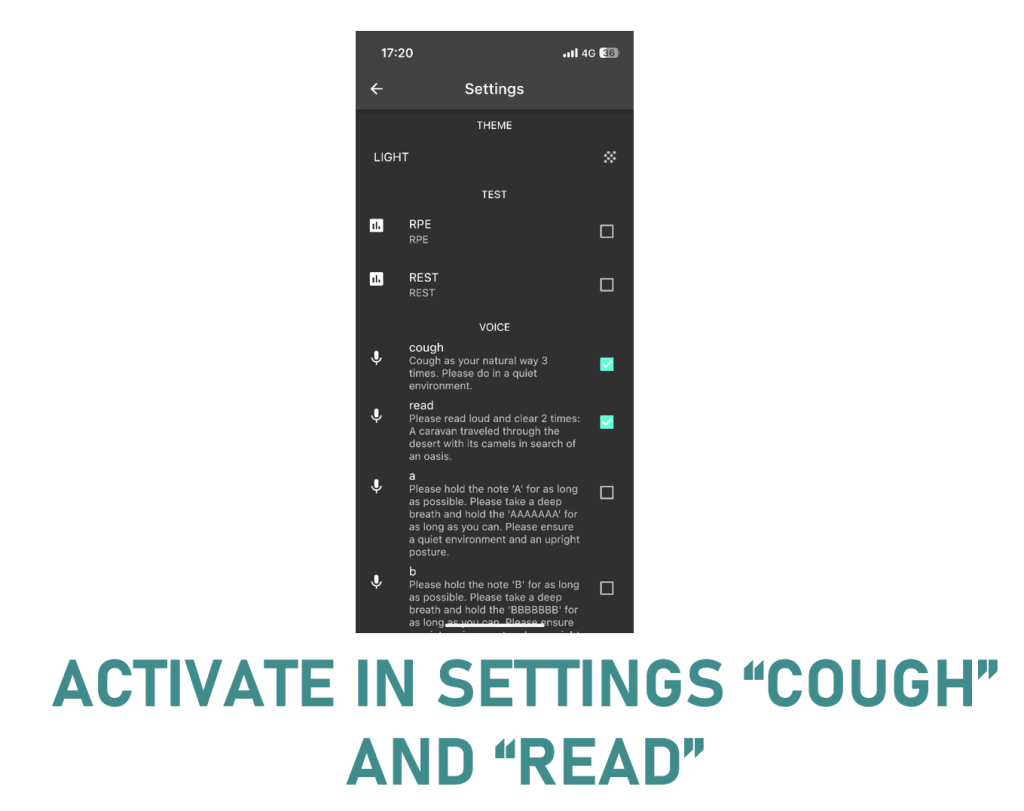
5. Daily tests: If possible, do the tests every day and at the same time. If you forget a day, this is no problem, testing at a different time is also no problem
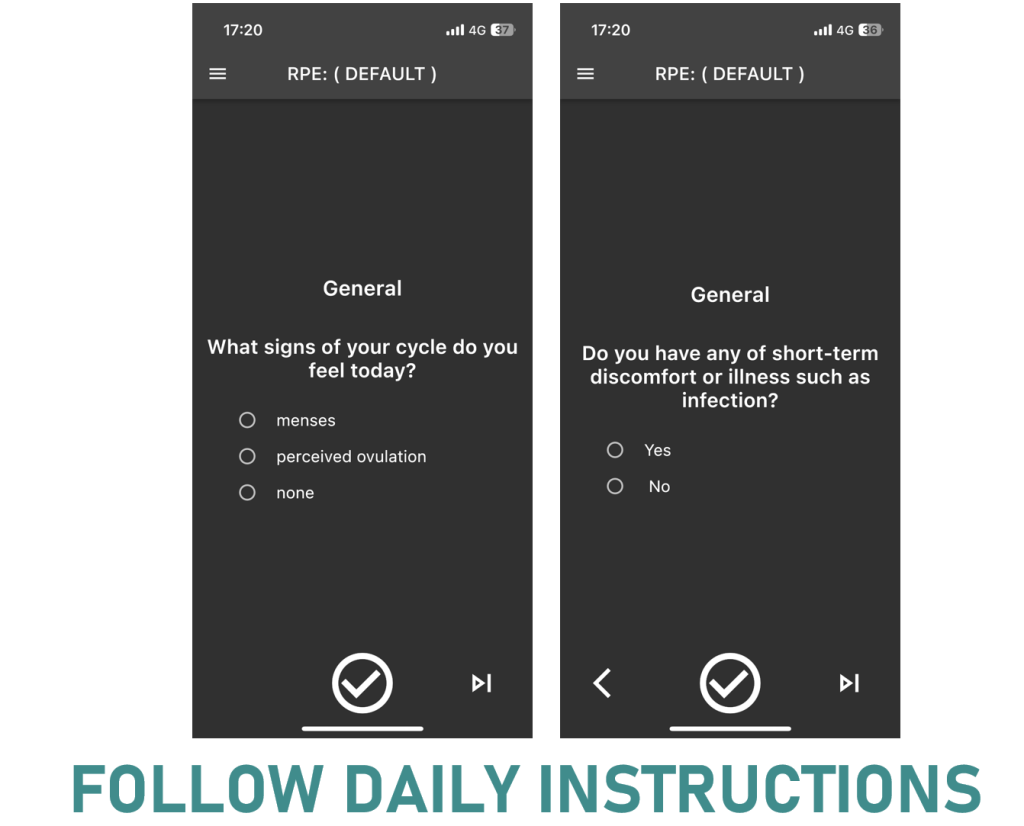
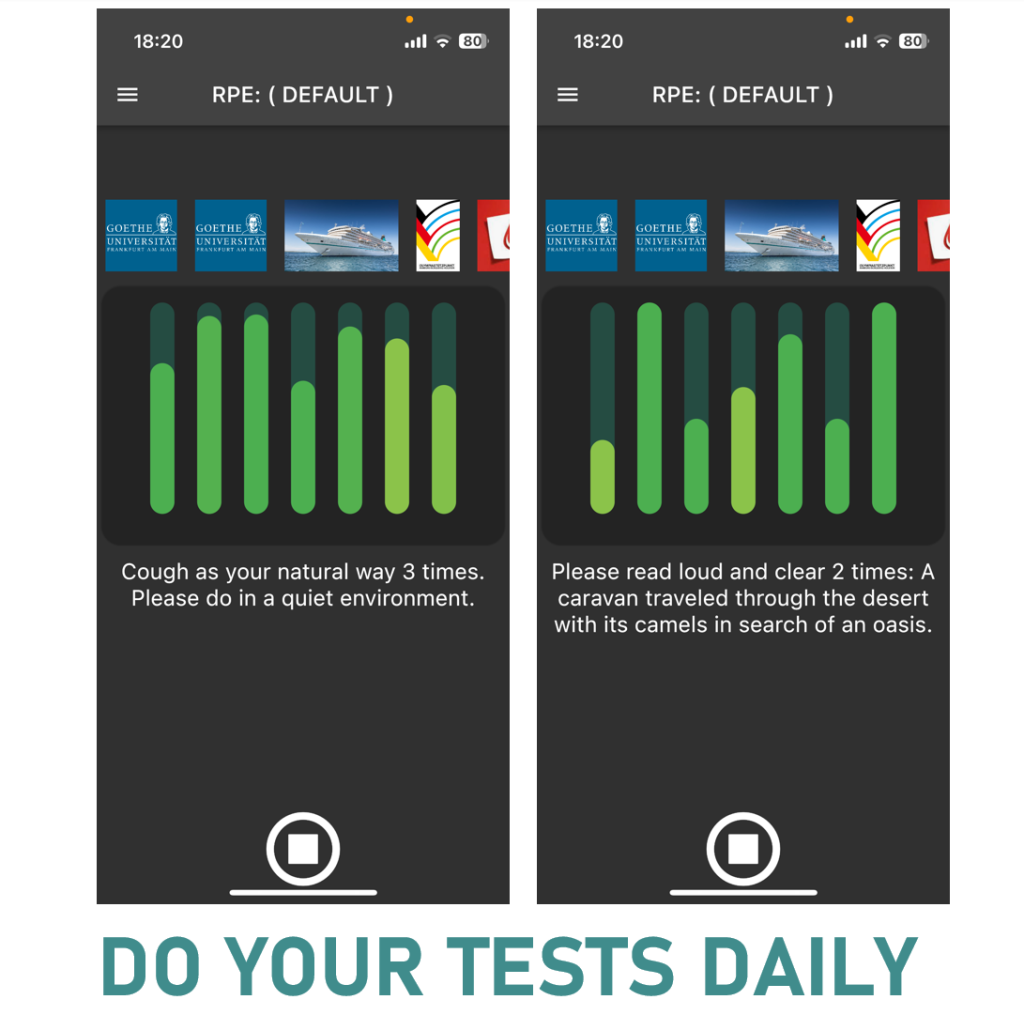
6. Monitoring: In VOZZR Analytics you will find the results of your voice audiofiles analysed by more than 50 AI algorithms.
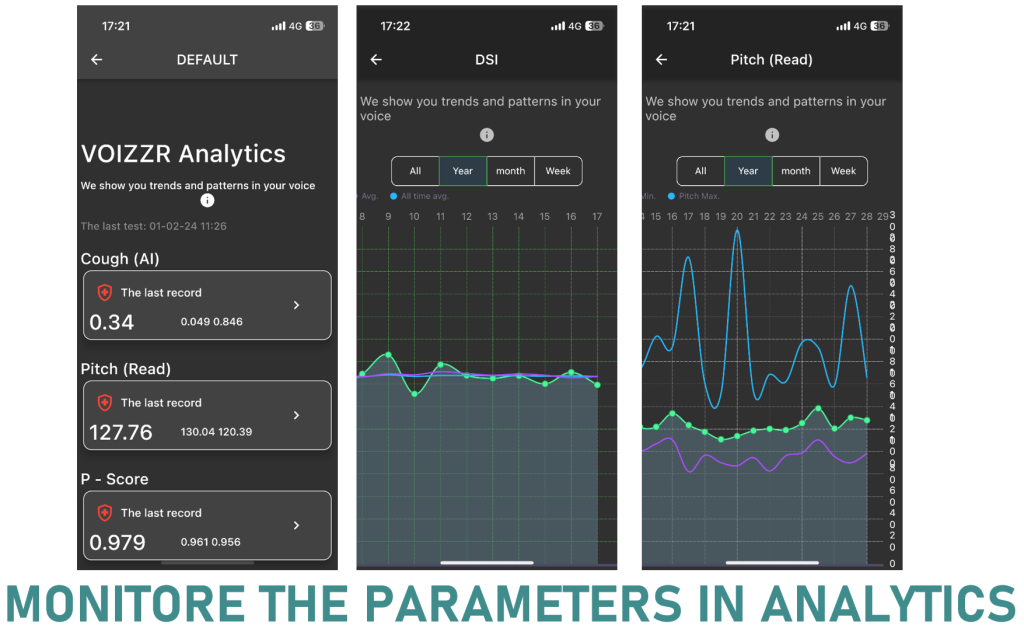
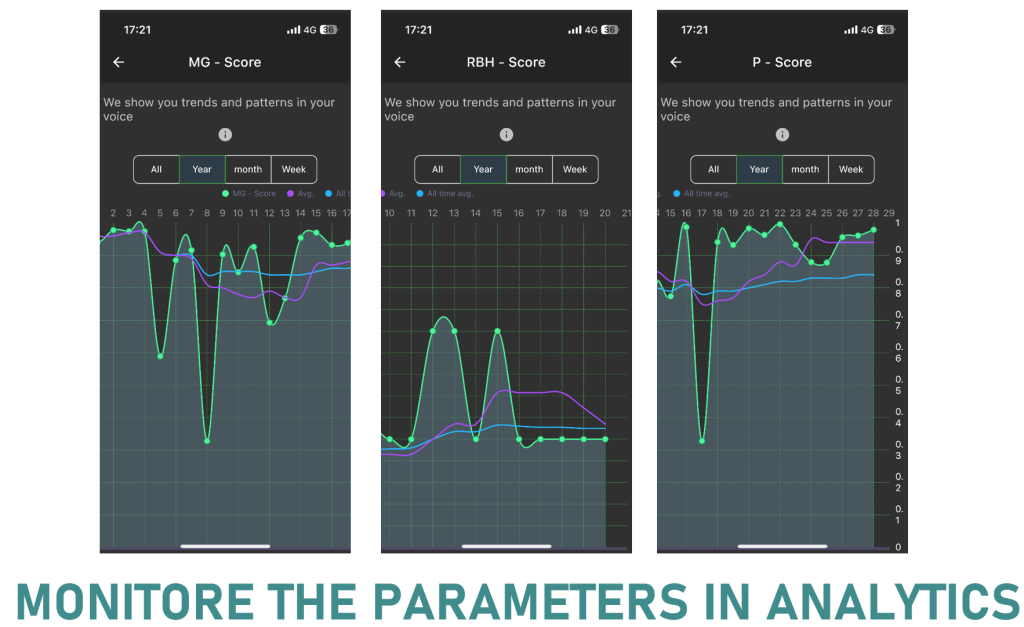
7. Information: Different parameters show different patterns in the phases of the cycle. For example, at the beginning of menstruation, one has a hoarser voice, therefore the RBH value should increase.
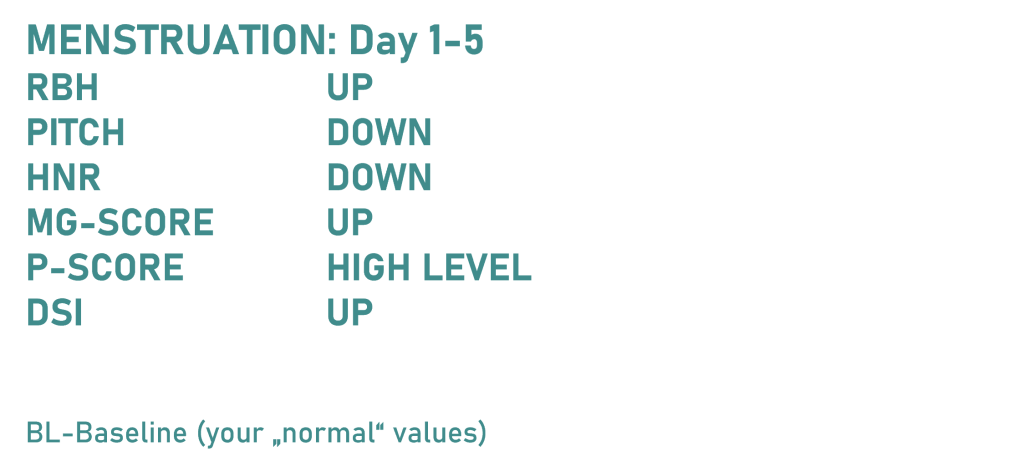
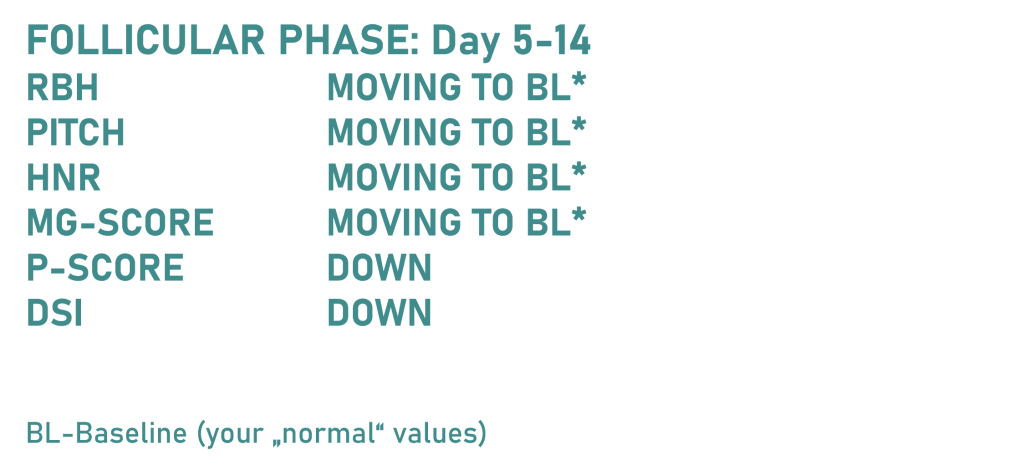
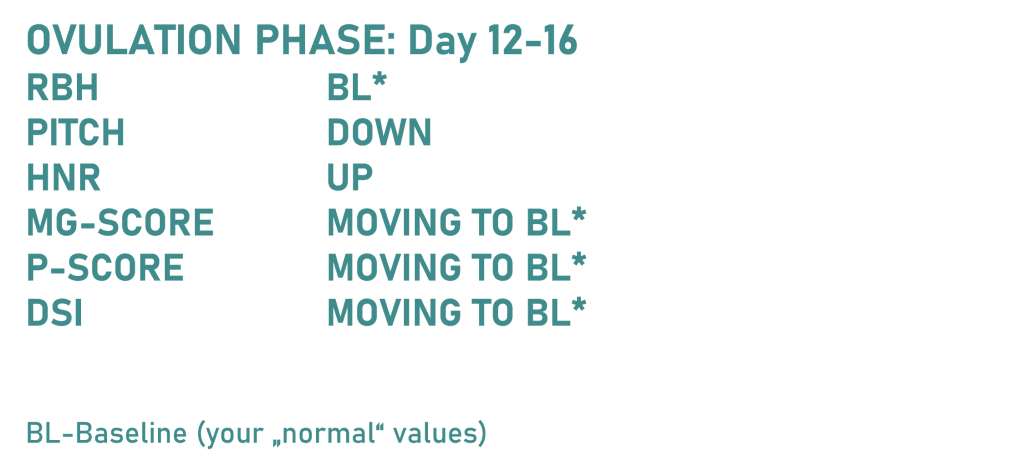
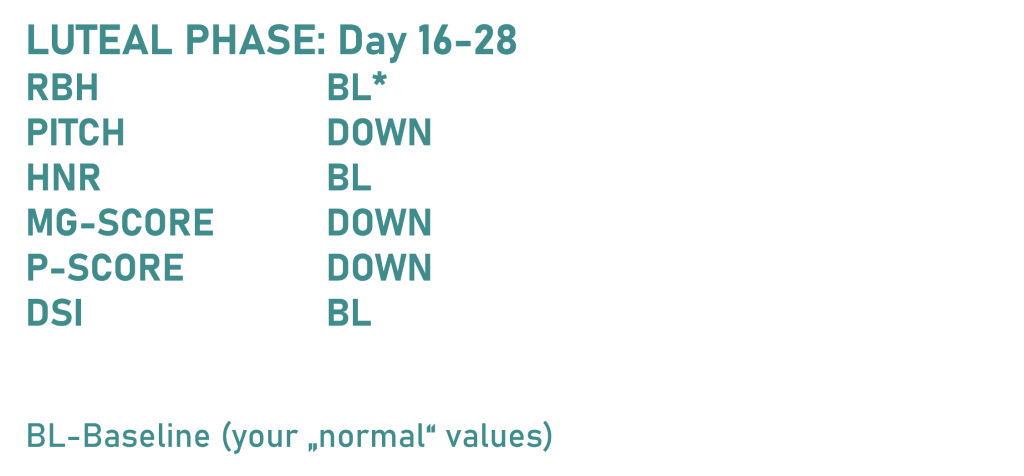
The listed parameters and their respective changes are current observations and can vary from woman to woman. The change of the parameters related to the respective cycle phase is precisely the background of this observational study. The duration of each phase can be very individual depending on the woman.
(Current status of observations: 9th April 2024)
Intersted? Do you wanna help? Then download the app: Choose your preferred platform—Google Android or iPhone




